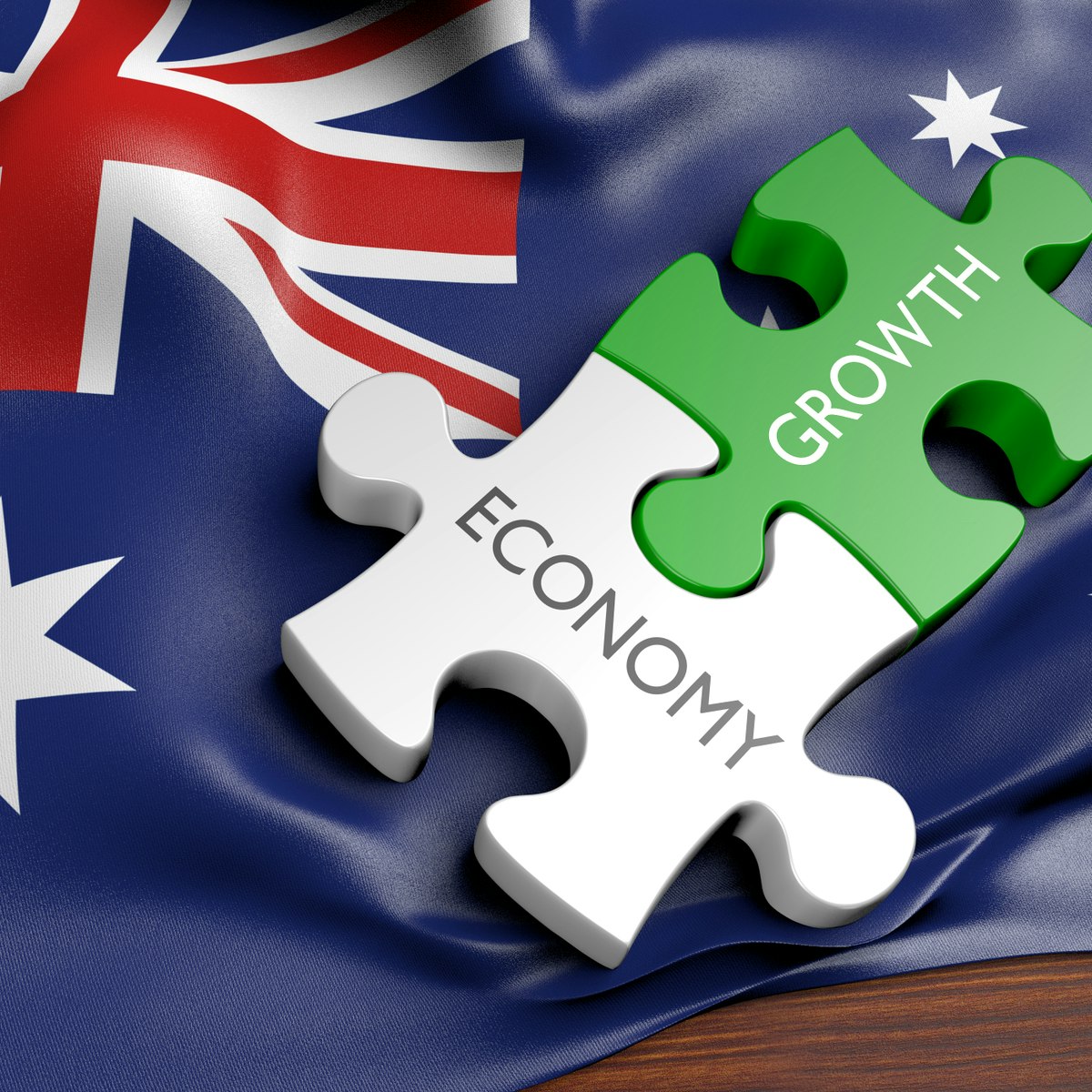
This four-week, four-module course explores selective aspects of the Australian economy, with emphasis on macroeconomic and financial policies. The course introduces participants to several key attributes of the Australian economy and discusses how they are influenced by both domestic and international forces. We will examine some of the key issues and dilemmas facing the Australian economy and how policymakers can deal with them using monetary and fiscal policies. There will also be a discussion on the still-fresh 2007-2010s global financial crisis, the lessons learned, and how policymakers deal with the aftermath. Discussions will be centered around sound economic theories and reasoning, and utilize actual data whenever applicable. Applications of the economic reasoning and theories to current, real-world issues pertaining to the Australian economy will also be provided. In addition to conventional lectures, the course also contains several interviews with relevant experts and practitioners. No prior knowledge or training in economics is required.
Here's a deal for you
What's inside
Syllabus
The Australian economy in a nutshell
Welcome to the MOOC! This week we will take a whirlwind tour of the Australian economy. More specifically, we will examine Australia's economy according to four key macroeconomic variables: gross domestic product, unemployment rate, inflation rate and exchange rate. Also, this week we will step back in time for a short history of the exchange rate regimes in Australia. Through this journey, we will explore why our nation is currently in the era of floating exchange rates.
Read more
Syllabus
Good to know
Save this course
Reviews summary
Economy insight into down under
Activities
Review basic economic principles
Show steps
Strengthen foundational knowledge in economics to prepare for the course.
Browse courses on
Supply and Demand
Show steps
-
Review textbooks
-
Complete online exercises
-
Attend preparatory webinars
Review and consolidate course materials
Show steps
Enhance retention and deepen understanding by regularly reviewing and compiling course materials.
Show steps
-
Annotate notes
-
Create summaries
-
Complete practice questions
Quiz on macroeconomic variables
Show steps
Practice applying macroeconomic concepts to real-world data.
Browse courses on
Gross Domestic Product
Show steps
-
Attempt the quiz
-
Review incorrect answers
One other activity
Expand to see all activities and additional details
Show all four activities
Fiscal Policy Workshop
Show steps
Gain hands-on experience analyzing fiscal policy and its impact on the economy.
Show steps
-
Attend the workshop
-
Participate in group discussions
-
Present findings
Review basic economic principles
Show steps
Strengthen foundational knowledge in economics to prepare for the course.
Browse courses on
Supply and Demand
Show steps
- Review textbooks
- Complete online exercises
- Attend preparatory webinars
Review and consolidate course materials
Show steps
Enhance retention and deepen understanding by regularly reviewing and compiling course materials.
Show steps
- Annotate notes
- Create summaries
- Complete practice questions
Quiz on macroeconomic variables
Show steps
Practice applying macroeconomic concepts to real-world data.
Browse courses on
Gross Domestic Product
Show steps
- Attempt the quiz
- Review incorrect answers
Fiscal Policy Workshop
Show steps
Gain hands-on experience analyzing fiscal policy and its impact on the economy.
Show steps
- Attend the workshop
- Participate in group discussions
- Present findings
Career center
Economist
Financial Analyst
Market Research Analyst
Policy Analyst
Risk Analyst
Budget Analyst
Financial Planner
Investment Banker
Commercial Banker
Insurance Underwriter
Actuary
Data Analyst
Business Analyst
Consultant
Professor
Reading list
Share
Similar courses
OpenCourser helps millions of learners each year. People visit us to learn workspace skills, ace their exams, and nurture their curiosity.
Our extensive catalog contains over 50,000 courses and twice as many books. Browse by search, by topic, or even by career interests. We'll match you to the right resources quickly.
Find this site helpful? Tell a friend about us.
We're supported by our community of learners. When you purchase or subscribe to courses and programs or purchase books, we may earn a commission from our partners.
Your purchases help us maintain our catalog and keep our servers humming without ads.
Thank you for supporting OpenCourser.



